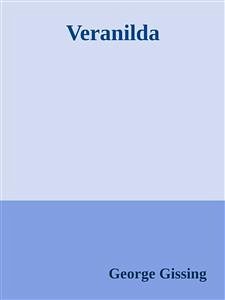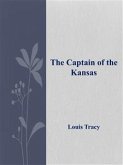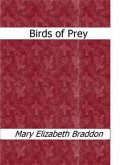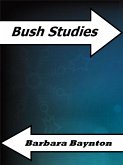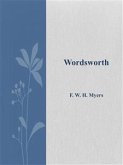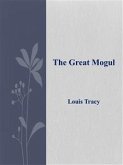Novelist, born at Wakefield. In his novels he depicted the environment and struggles of the lower and lower middle classes with a somewhat pessimistic and depressing realism, although his last work, The Private Papers of Henry Ryecroft, seemed to usher in the dawn of a somewhat brighter outlook. His other novels include Demos [1886], Thyrza [1887], The Nether World [1889], New Grub Street [1891], Born in Exile [1892], In the Year of Jubilee [1894], and The Town Traveller [1898]. He died at St. Jean de Luz in the Pyrenees.
Bitte wählen Sie Ihr Anliegen aus.
Rechnungen
Retourenschein anfordern
Bestellstatus
Storno

